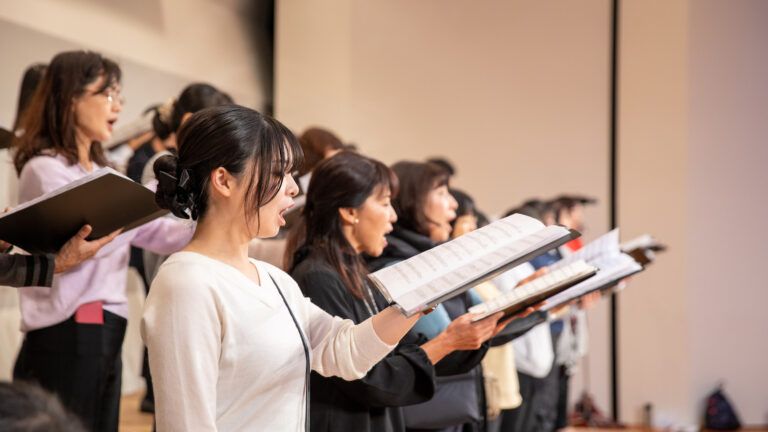Do you ever hesitate to say what you really want in prayer? Do you sometimes say what you think God expects? Circle around the subject? Tiptoe, maybe?
We do it in other conversations, of course. We dawdle and delay. We don’t reveal what we really want. We “build up” to the main point. We want to save ourselves—and others, maybe—embarrassment or discomfort, so we fill our conversations with platitudes and courtesies.
Once, when Jesus was leaving Jericho amid a crowd of followers and fans, a blind man named Bartimaeus sat on the roadside begging. As Jesus approached, Bartimaeus began to cry out, “Jesus, Son of David, have mercy on me!”
Jesus stopped. He summoned the blind man and asked, “What do you want Me to do for you?”
It seems like a strange question. Ludicrous, even. After all, the man was blind. What else could he want?
He had called out to Jesus, of course, but it was in general terms. He begged for “mercy.” Could he have had some other form of mercy in mind? Had other beggars Jesus encountered asked only for money or food? Did Bartimaeus fully grasp the limitless potential of his encounter with this Rabbi?
Can you imagine if that blind man had demurred? If he had said what he thought Jesus might want to hear? If he had decided to “build up” to the prayer of his heart? If he had answered Jesus’ question by saying, “Well, lots of things, really. I could use some help paying the bills, and my sister needs new dentures.”
As strange as Jesus’ question may seem, any answer but one seems unimaginable: “I want to see.” (Mark 10:51, NIV)
It was the prayer of his heart. It was the one thing he wanted most. It was his greatest need. And it was answered.
What is the prayer of your heart? What is the one thing you want most? Your greatest need? Maybe you hesitate to put it into words. Maybe you fear being disappointed. Maybe you feel like it’s too selfish.
But say it anyway. The Healer is asking, “What do you want Me to do for you?” Speak your answer, boldly, like a blind beggar with nothing to lose.




